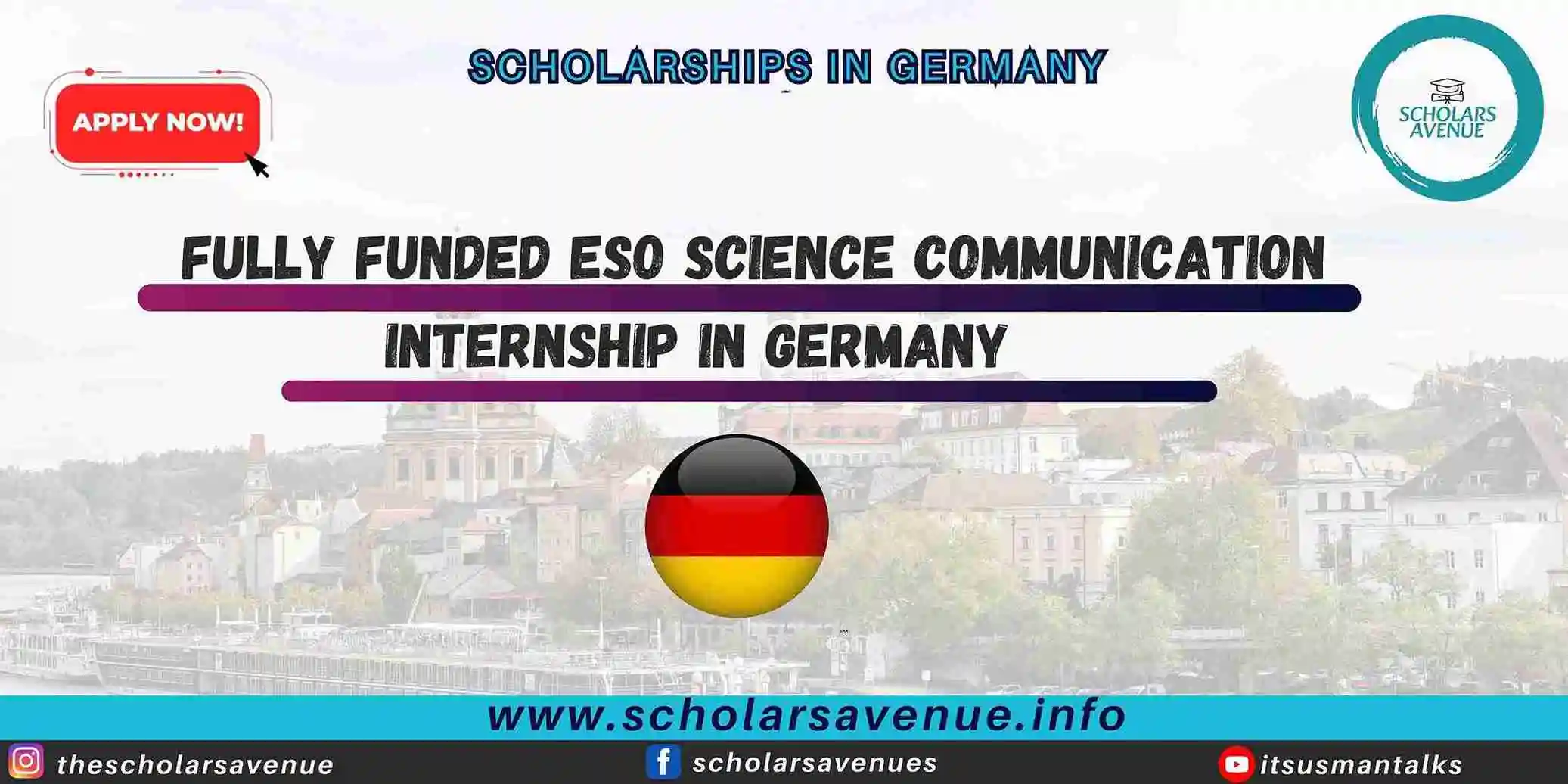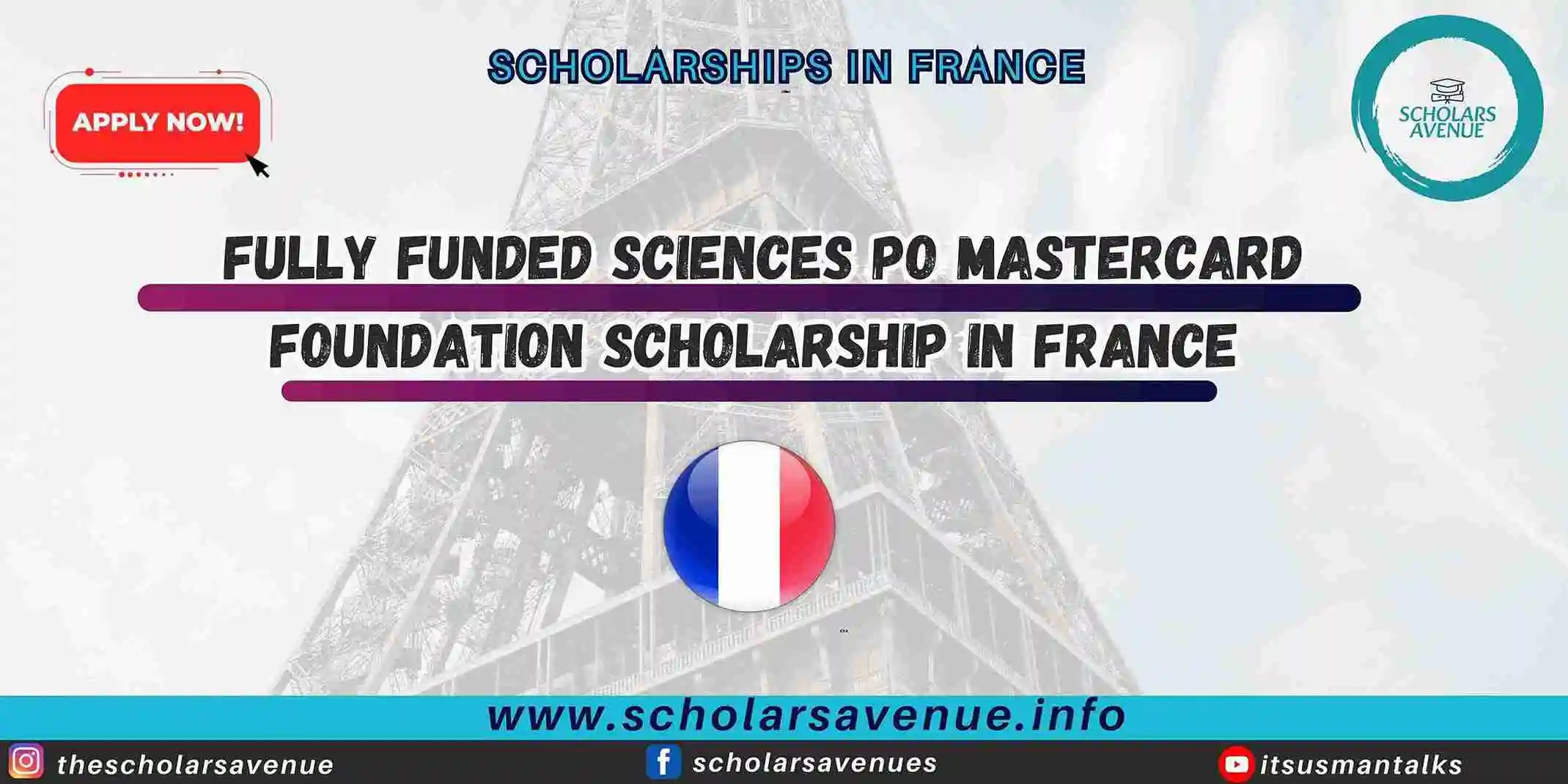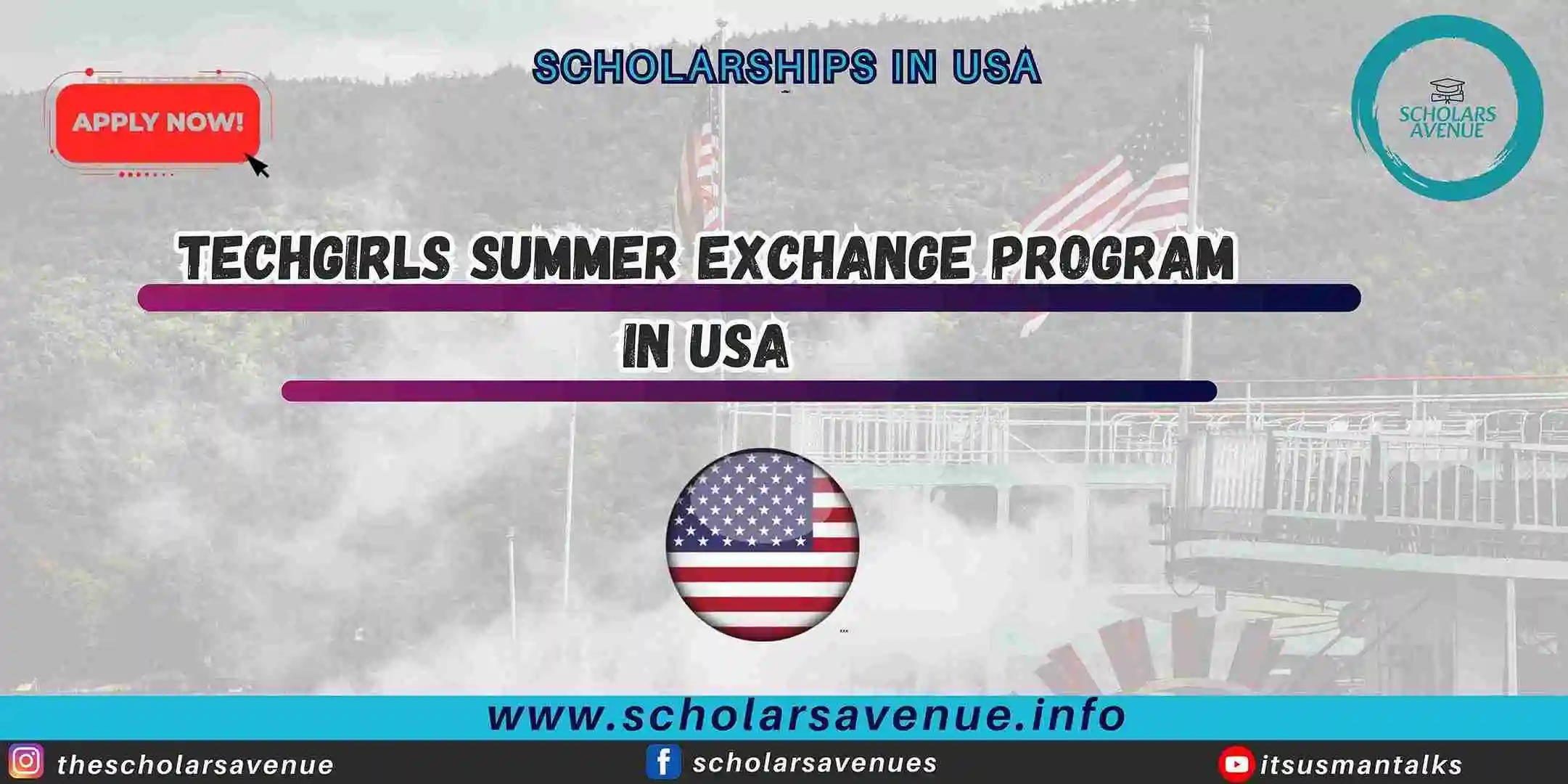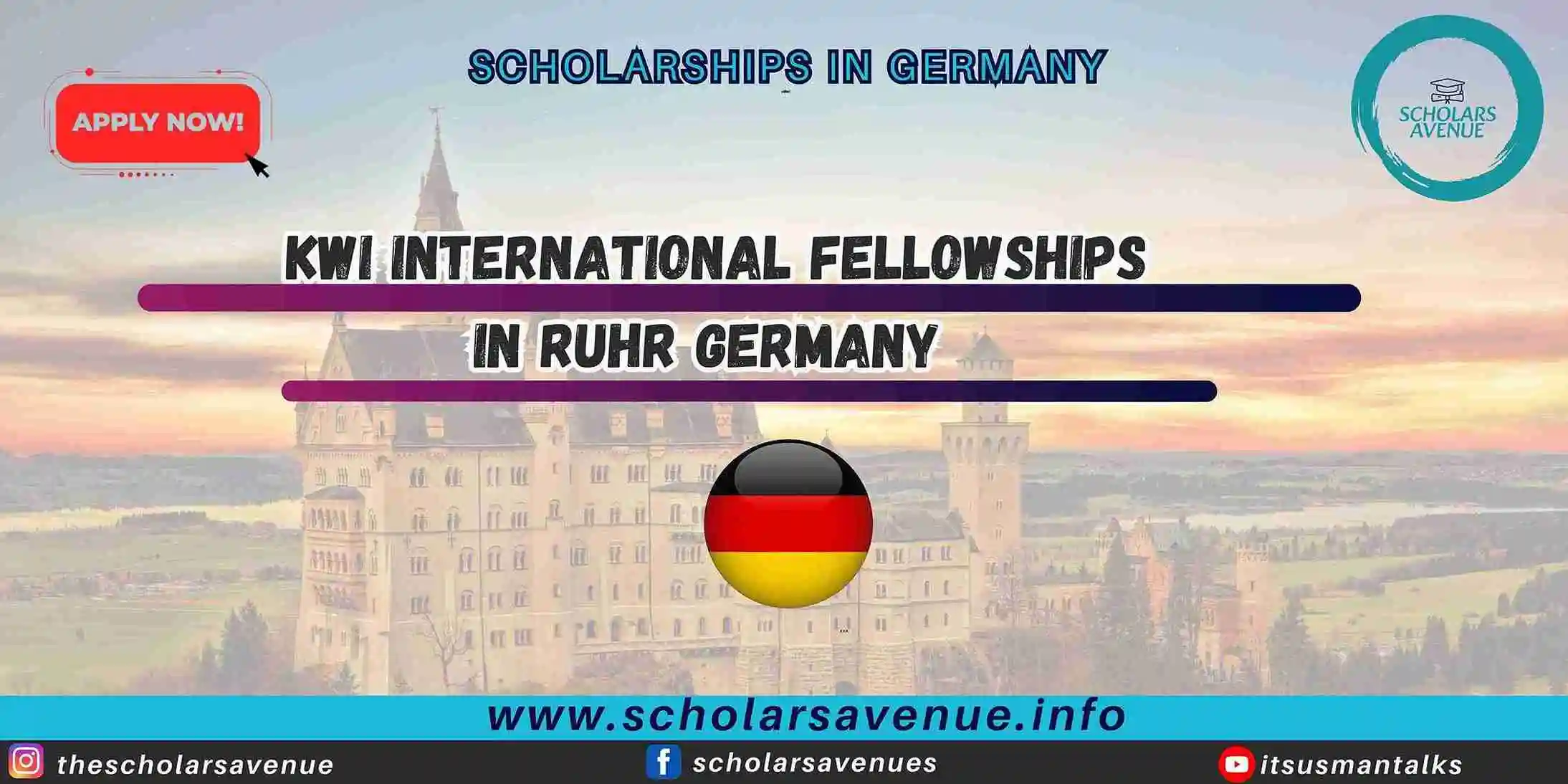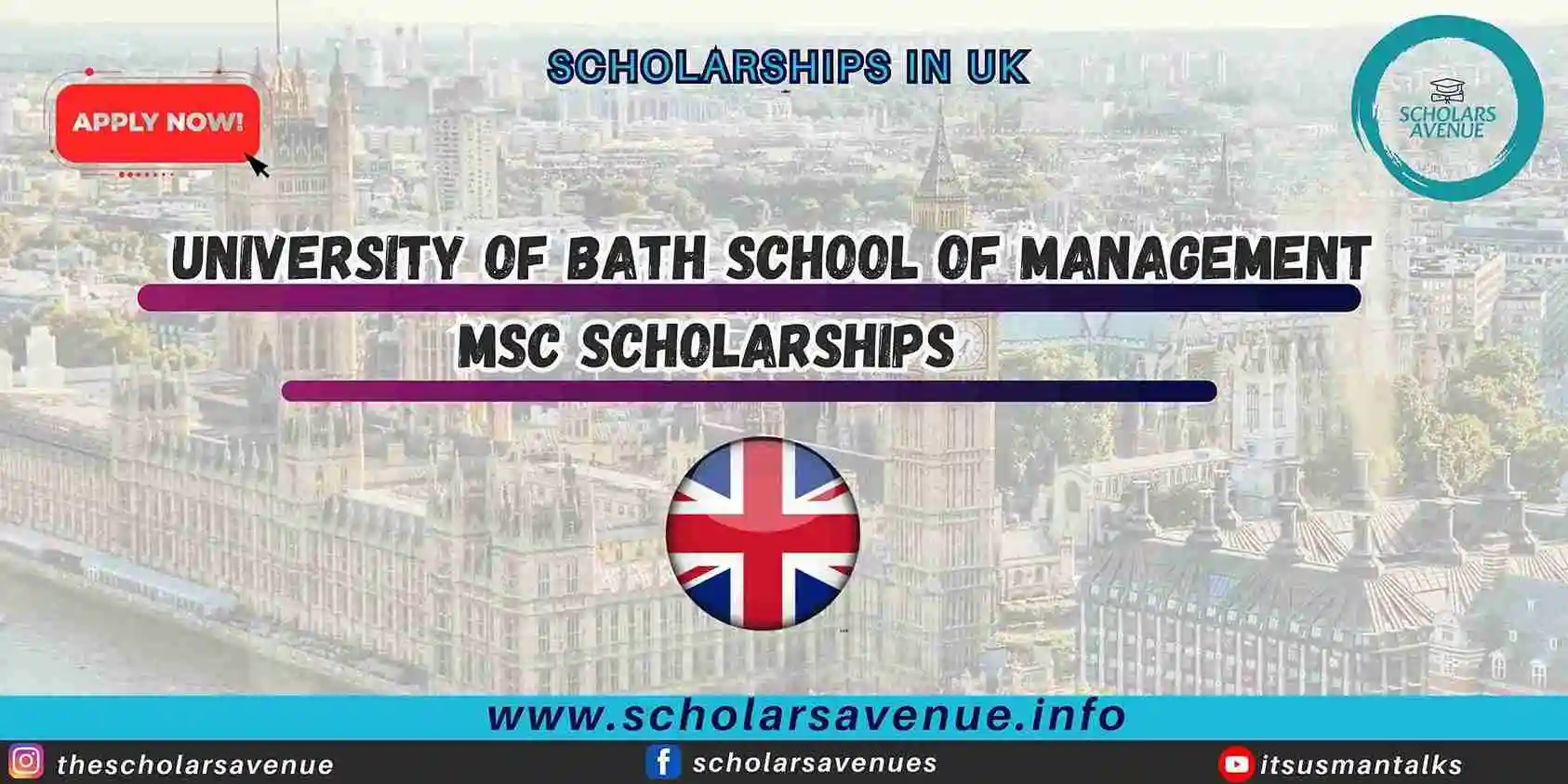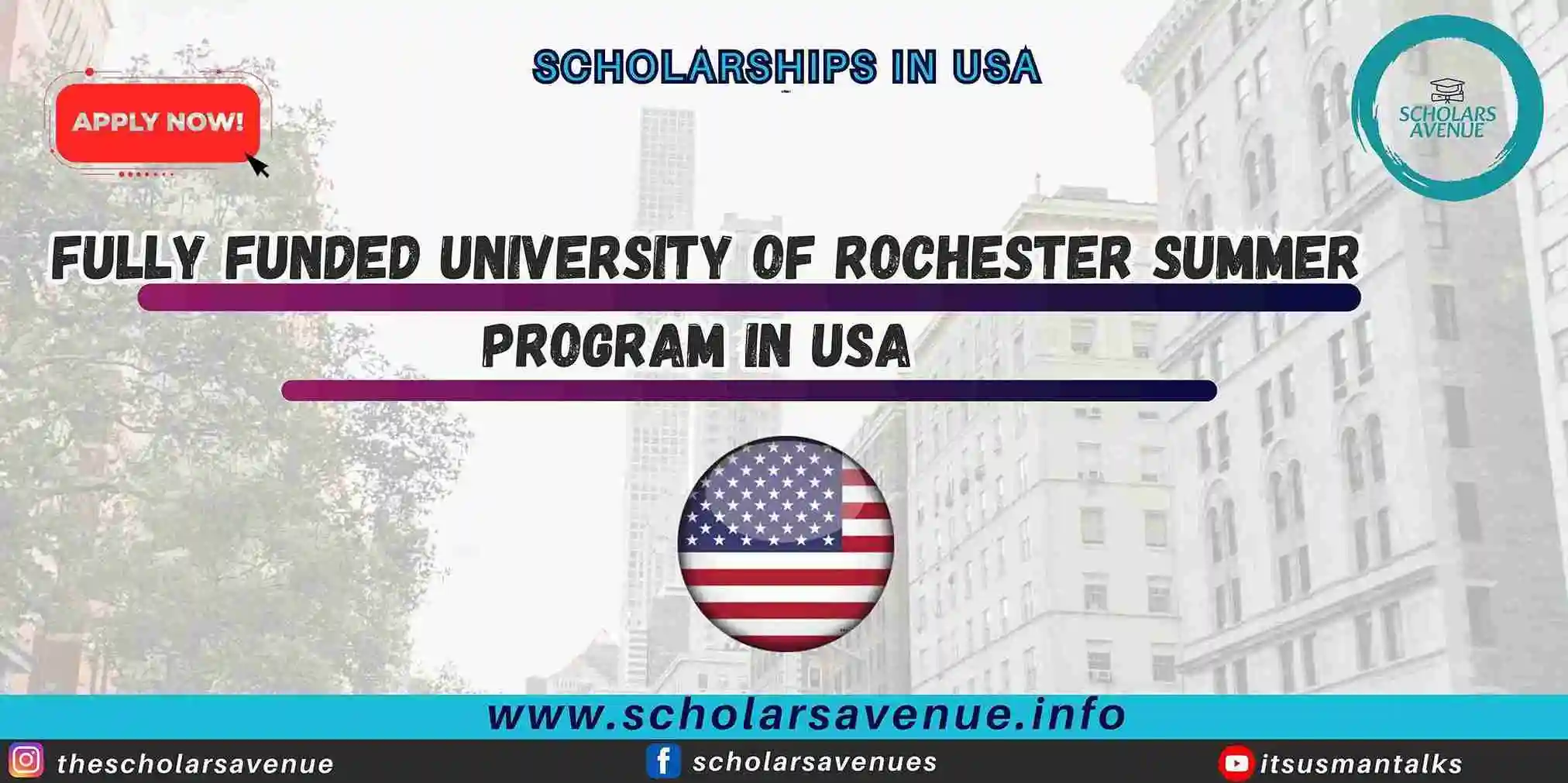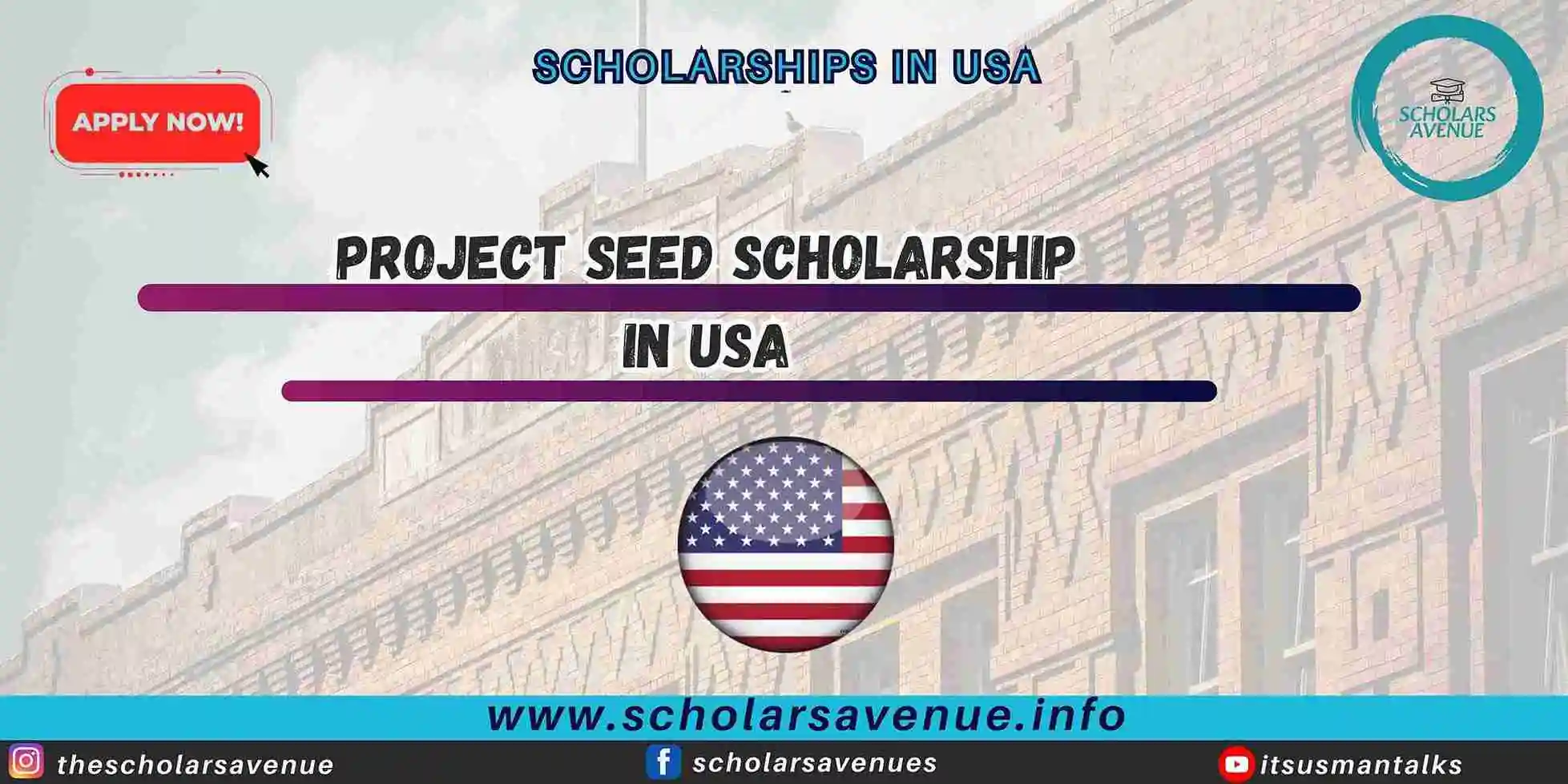Free Master’s Degree opportunities abroad don’t have to come with a hefty price tag. For many international students. Europe has become a lighthouse of opportunity for many foreign students since it provides great education, cultural variety, and most importantly, the opportunity to pursue a free Master’s Degree. With several European nations removing tuition costs or maintaining them incredibly low, the continent welcomes ambitious brains searching for academic excellence without a financial load. This guide is designed to assist you unlock your road to a free master’s degree in Europe and negotiate the terrain of inexpensive education.
Though it sounds too good to be true, the concept of obtaining a free master’s degree is quite realistic with the appropriate plan, preparation, and awareness of current resources. European colleges provide a great selection of tuition-free or low-cost master’s programs in English regardless of your location. This guide offers a thorough breakdown covering countries with free education, scholarship possibilities, application processes, and tips to improve your odds of acceptance. We’ll help you navigate everything you must know to obtain a free master’s degree in Europe.
Also check, Freelancing vs Traditional Jobs for International Students
Why Choose Europe for Master’s?
- Home to world-renowned universities and research institutions.
- Many programs taught entirely in English.
- Affordable or free tuition policies for international students.
- Access to part-time work and post-study visas.
- Rich in cultural and professional development opportunities.
Top European Countries Offering Free Master’s Degree Programs
1. Germany
- Public universities charge zero or minimal tuition fees.
- Only a semester fee (~€250) is required.
- Tuition-free for both EU and non-EU students.
- Popular universities: TU Munich, University of Heidelberg, LMU Munich.
2. Norway
- No tuition fees at public universities for any student.
- High cost of living but balanced with scholarships and part-time jobs.
- Programs in English are widely available.
3. Finland
- Tuition-free for EU/EEA students.
- Scholarships available for non-EU/EEA students covering 50–100% of tuition.
- Universities like the University of Helsinki and Aalto University are top choices.
4. Sweden
- Tuition-free for EU/EEA citizens.
- Extensive scholarships for international students.
- Prestigious institutions like Lund University and KTH Royal Institute of Technology.
5. Austria
- Non-EU students pay a very small fee (~€726 per semester).
- EU/EEA students enjoy free education.
- Rich student life and numerous programs in English.
6. France
- Public universities charge a nominal fee (~€300–€400 per year).
- Scholarships available for non-EU students (e.g., Eiffel Scholarship).
- Highly reputable institutions and global recognition.
7. Czech Republic
- Free education in Czech language; English programs have low tuition.
- Scholarships and affordable living costs make it a top pick.
Also check, Top Certifications That Boost Job Prospects After Graduation
How to Apply for a Free Master’s Degree in Europe
1. Research Universities and Programs
Use platforms like the following to explore tuition-free or scholarship-backed master’s programs across Europe. These are the official portals of respective countries and universities where you can get detailed, updated, and verified program listings:
- DAAD.de – Germany
- StudyinNorway.no – Norway
- Studyinfo.fi – Finland
- Universityadmissions.se-Sweden
- CampusFrance.org – France
2. Check Admission Requirements
- Academic transcripts and certificates.
- English proficiency tests (IELTS/TOEFL).
- Statement of Purpose (SOP) and Letters of Recommendation (LORs).
- CV and sometimes a portfolio (for art/design programs).
3. Apply for Scholarships
- Government-funded: Erasmus+, Eiffel, DAAD.
- University-funded: Each university usually has a scholarship section.
- Third-party scholarships: Fulbright, Chevening, local government schemes.
4. Prepare Strong Application Materials
- Customize SOP for each university.
- Highlight your academic strengths, goals, and why you chose that program.
- Make your LORs personal and impactful.
5. Apply Within Deadlines
- Application deadlines range from December to March for most fall intakes.
- Always apply early to increase chances of scholarship.
6. Apply for a Student Visa
- Once accepted, apply for your student visa early.
- Check visa processing times for each country.
Scholarship Programs That Support Free Master’s Degrees
1. Erasmus Mundus Joint Master Degrees (EMJMD)
- Fully funded.
- Multiple countries, joint degrees.
- Includes travel and living allowances.
2. DAAD Scholarships (Germany)
- Covers tuition, living, and travel expenses.
- Highly competitive and well-funded.
3. Swedish Institute Scholarships (Sweden)
Full tuition, living expenses, and insurance.
4. Eiffel Excellence Scholarship Program (France)
Monthly stipend, travel, and insurance coverage.
5. Finnish Government Scholarships
- Covers full or partial tuition and living allowances.
Tips for a Successful Application
- Start early and give yourself at least 6–12 months for preparation.
- Be strategic with course and country selection.
- Apply to multiple programs.
- Have your documents reviewed by mentors or professionals.
- Attend university webinars and info sessions.
Also check, Top 10 Mistakes Students Make in Scholarship Applications
Getting a free master’s degree in Europe is more than only a money-saving plan; it’s a passport to top-notch education, professional development, and cultural immersion. The continent has become an open academic playground for students all around as many colleges eliminating costs and provide significant awards. Research, planning, and will definitely help you to obtain a Free Master’s Degree which not only improves your academic profile but also changes your career.
Looking to maximize your chances of acceptance?
Consider using our Professional Services to polish your application and stand out from the crowd.
For detailed videos on relevant opportunities check out:
Frequently Asked Questions (FAQs)
Can I really get a Free Master’s Degree in Europe as a non-EU student?
Yes, many European countries like Germany, Norway, and Austria offer tuition-free or low-cost education to non-EU students.
Do I need to know the local language to get a Free Master’s Degree in Europe?
Nope! Most universities offer a wide range of Master’s programs entirely in English.
What GPA is required to apply for a Free Master’s Degree in Europe?
Most programs expect a solid academic record, typically a 2.5+ GPA (on a 4.0 scale), but competitive scholarships may require higher.
What’s the best country for a Free Master’s Degree?
Germany is the most popular, but Norway, Finland, and Austria are excellent choices too!
How long does a European Master’s degree take?
Most programs last 1–2 years.
What GPA is required to apply for a Free Master’s Degree?
Most programs expect a solid academic record, typically a 2.5+ GPA (on a 4.0 scale), but competitive scholarships may require higher.


